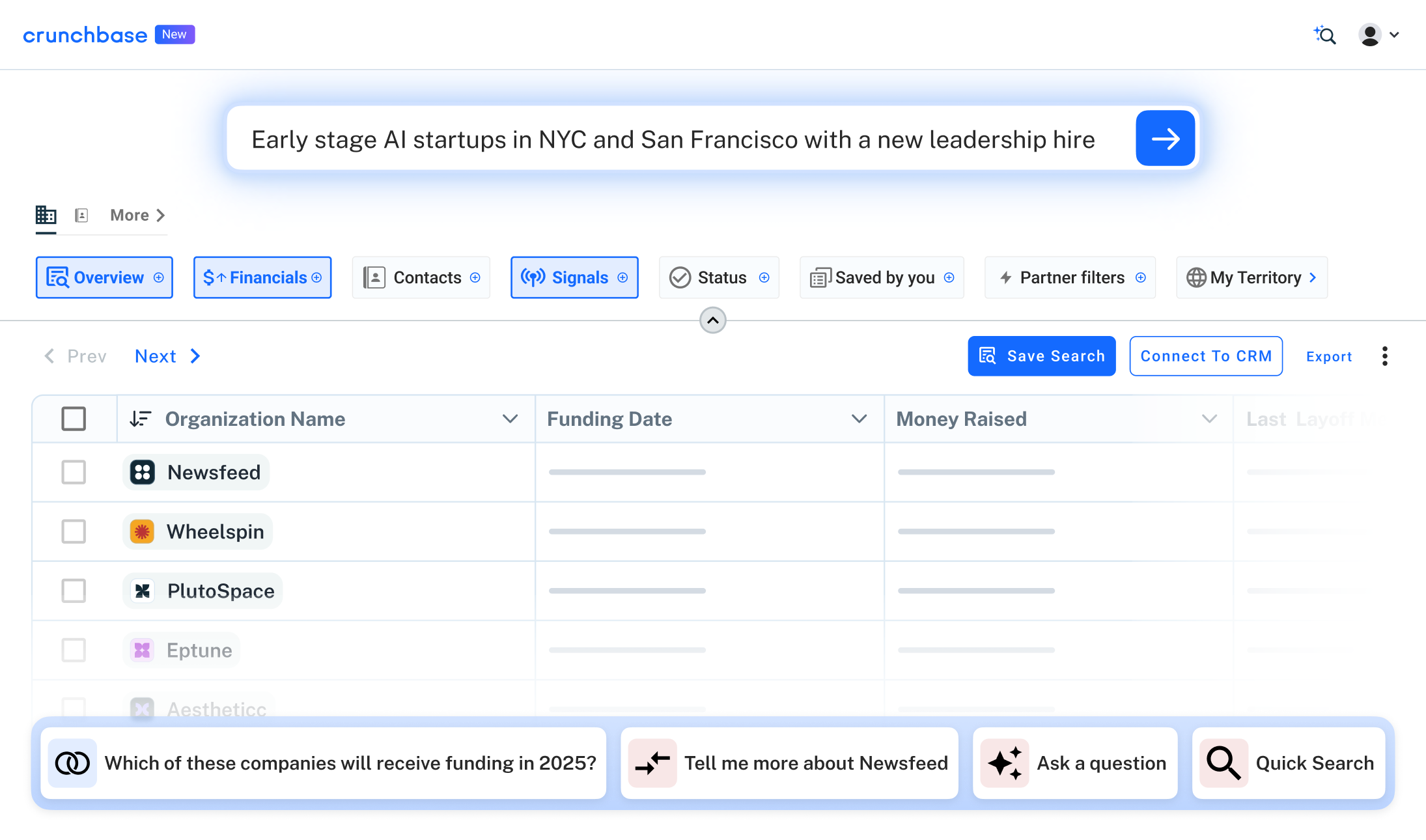Within the mad dash to get a startup off the ground, SEO best practices can often get overlooked. But hey, I get it, you probably don’t have time to read guide after guide on do-it-yourself SEO. And it’s even more unlikely that you have the money to invest in specialist SEO resource. However, there are a few common SEO mistakes that you should definitely be conscious of from the get-go. This way, you can avoid costly mistakes down the road.
Find your next investor with Crunchbase Pro – try it free.
5 common SEO mistakes startups should avoid
So based on our experience of the startups, we work with, here are some of the most common startup SEO blunders we come across.
1. Hosted blog platforms
I’ve witnessed something of a growing trend with startup’s hosting all their blog content on third-party platforms. The most common example of this is hosting a blog on Medium and publishing all blog content onto this platform.

Photo source: These 5 SEO Mistakes Will Destroy Your e-commerce Website, Tutorials7
Personally, I love Medium and the reach it offers. It’s a no brainer if you’re looking to reach new audiences with engaging, longer form content. But it’s a big SEO mistake, to host all your blog content on the platform (or any third party URL). This is because any backlinks you earn from your blog content will benefit Medium. And as valuable content is the best way to naturally accrue backlinks over time, this will cause problems in the long run.
Therefore, the best way to reconcile the reach that Medium offers, versus the SEO opportunity cost, is to combine approaches. Save Medium for publishing occasional one-off pieces of content that will resonate with this audience. But publish the bulk of your content on your own website.
2. The one-page website
Now onto another big trend and one of the biggest SEO mistakes. One page sites can look great and can easily contain all the core information about an early-stage startup. But, and this is a big but, they seriously limit a website’s search ranking potential. After all, you can only optimize the page for a handful of keyword terms.
Now, this isn’t necessarily a problem if capturing organic web traffic doesn’t factor into your business model. For example, if you’re a mobile app company that just wants a nice looking site when a user Google’s your brand. But if organic web traffic is crucial to your business, then a one-page website isn’t the best foundation.
3. Not all traffic is equal
I’m always surprised by the number of startup websites that haven’t fully configured their Google Analytics reporting. It’s one thing knowing how many users are visiting your site, but it’s another thing understanding the value of these users. This is known as commercial intent; are the users you’re capturing through search actually in the market for your services?
You can assess this fundamental question using the goals function in Google Analytics. Whatever the end goal of your website is, such as account signups, ebook downloads, consultation requests, or sales, it’s critical that you set up goal reporting to track this. This will report goal conversion levels by traffic source, entry page and loads of other useful dimensions.
Once you start onboarding organic traffic, this should become a key metric that you track. This will allow you to assess whether your approach to content is providing an ROI. If the conversion is low, then you may need to revisit your content strategy before investing any more resources into it.
4. Forgetting that guest posting can be good for SEO
One of the toughest SEO challenges a startup website faces is winning backlinks. A new website with little content and no search rankings are always going to struggle to gain backlinks passively. But link building is crucial, as backlinks are still one of Google’s most important ranking factors. You, therefore, need to approach this creatively.
A great way of building up quality backlinks into a startup’s website is by guest posting on high authority sites. Each time you guest post, you usually gain a backlink. However, many people shy away from this idea, thanks to the advice that came out a few years back from Google’s then Head of Web Spam Matt Cutts.
But this misses the finer points of the guidance. As long as you’re writing useful content on relevant and high authority websites, then the backlinks you can gain from this remain highly valuable. But it’s all about the quality of the publication – guest posting on The Next Web, Forbes or Entrepreneur would all be huge wins. However, more shady looking sites are best avoided.
5. Not knowing the limits of nofollow backlinks
Just as not all traffic is equal, neither are backlinks. There are two types of backlinks: follow and nofollow. A follow backlink passes link equity to the site it’s linking to, which is seen as a “vote of confidence” in its authoritativeness. Whereas a nofollow backlink does not. So in broad terms, a follow backlink has a positive impact on SEO, whereas a nofollow backlink is neutral (although there are ongoing arguments about nofollow benefits).
Follow backlinks, therefore, are the name of the game when it comes to link building. But where do you find them? As a rule of thumb, a backlink is set up as follow when it’s been placed there for an editorial reason. For example, links in articles that reference original research or that provide further reading on a topic.
Nofollow backlinks, meanwhile, are applied to pretty much anything that hasn’t been through an editorial process. So all user-generated content such as social media, YouTube, Wikipedia, Crunchbase and Medium, and any paid adverts, to name just a few areas.
What this means is that setting up plenty of user-generated content on the web, then linking this back to your site will have no direct SEO benefit. There are plenty of peripheral benefits to gaining these links, but you need to be aware that this type of activity isn’t going to directly boost your SEO. You need to actively go after follow backlinks, such as through guest posting.
Avoid these SEO mistakes to build your site strategy
So there you have it. These are some of the most common mistakes that startups can make when approaching their website, content and initial SEO strategy. By being aware of these, you can avoid making a misstep that could turn into a costly mistake in the future, or investing time and energy in the wrong places.
Rudi Davis is an SEO and Content Specialist at startup PR agency Publicize. He provides SEO advice to many of the startups that Publicize work with, as well as managing the company’s SEO and content strategy.
.svg)




.png)
.png)

